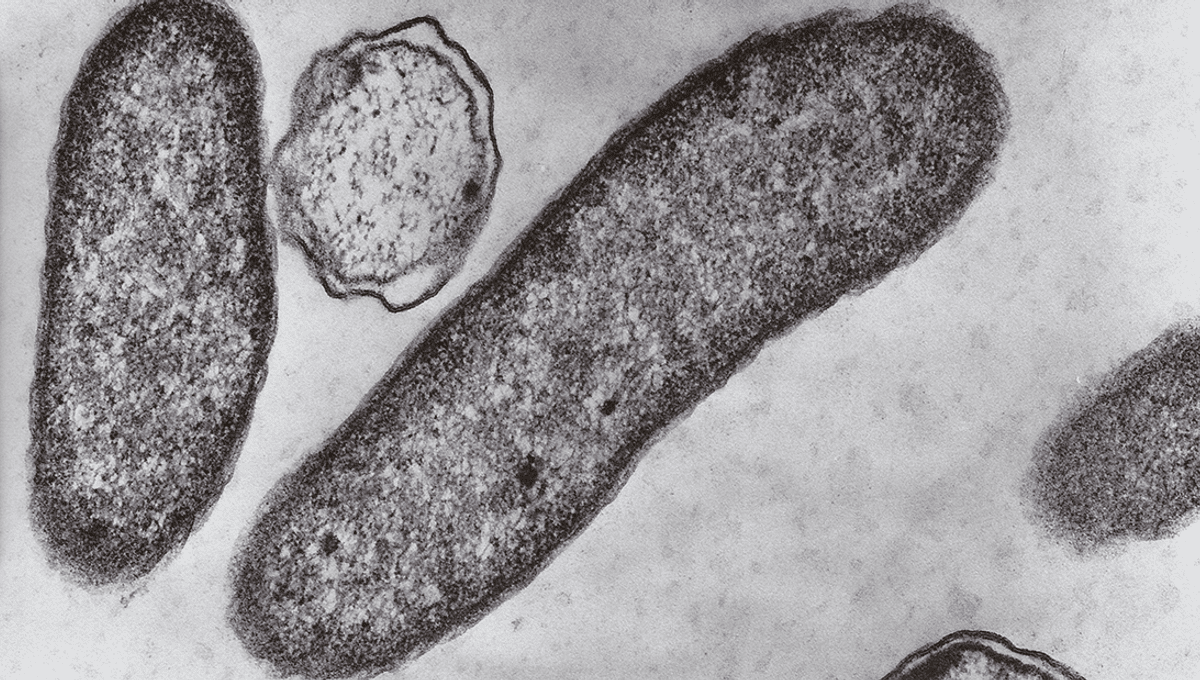
Here’s a fun “what if”: what if all microbial life on Earth was to suddenly disappear? One team of biologists has pondered this question and come up with an answer: we could survive, but only briefly, and during that time life “would become incomprehensibly bad”.
The team broke down their answer to separate out what happens when bacteria and archaea are removed, and when all microbes (viruses, bacteria, archaea, protists, algae etc) suddenly disappear, leaving us larger lifeforms all alone to fend for ourselves.
What if bacteria and archaea disappeared?
In terms of bacteria in everyday life, you only really ever hear about the bad guys, from strep to chlamydia and urinary tract infections. But, of course, bacteria do so much more than make your throat and genitals sore. In fact, if all bacterial and archaeal life were to be magicked away – according to the 2014 paper – people have claimed that life as we know it would end and society would collapse. The team believe that at first humans would fail to see the signs, at least for a few weeks, and “complete societal collapse” would happen within a year or so, primarily due to collapse of the food supply.
The first of many main problems would be nitrogen, required by our planet’s plants. More specifically, nitrogen is converted by bacteria into ammonia, needed by the plants for photosynthesis. Without a truly gargantuan intervention by humans in the form of mass-produced fertilizer, most photosynthesis globally would likely end within a year. Anybody smugly thinking “I’ll just eat meat” is of course forgetting cows eat grass, and also that ruminants digest their food through microbial action before digestion. No bacteria, no cows, no sheep and no goats.
Another problem would be decomposition.
“Biomass would likely begin to accumulate, particularly at the molecular level, creating vast reservoirs of biogeochemical waste that no biological entity could transform,” the team write, “at least initially”.
Smaller animals fare worse. More than half of all phytoplankton gain vitamin B12 from bacteria, without which they won’t survive. Food chain collapse would be likely.
“Although humans depend on microbial vitamins and amino acids obtained through diet or our gut microorganisms, we might successfully synthesize nutritional compounds through chemical ingenuity or by recombinant biotechnology with yeast as a surrogate host,” they write of our own dependence on bacteria.
While we are dealing with all of that, we would also have to face a vast increase in atmospheric CO2, as animals continue our insistence on breathing out the gas and plants refuse to keep up their end of the bargain of converting it back into oxygen, on account of them being dead.
“Annihilation of most humans and nonmicroscopic life on the planet would follow a prolonged period of starvation, disease, unrest, civil war, anarchy, and global biogeochemical asphyxiation,” they conclude, cheerfully, though they add that small populations (if they can overcome the problems above) of species could endure.
What if all microbes disappeared?
If all microbes disappeared, at first we might celebrate, the paper suggests, as microbial diseases such as Ebola and measles straight up disappear overnight. However, celebrations would not last long, with the effects being similar to when bacteria are removed, but far more acute.
A pressing problem would be that human and animal waste would cease to break down, and would “accumulate rapidly”, and since nothing is getting recycled, available macronutrients and micronutrients would soon be exhausted.
“Living food sources would be increasingly difficult to find,” they write. “Most ruminant livestock would starve without microbial symbionts, and plants would rapidly deplete nitrogen, cease photosynthesis, and then die.”
Likely overwhelmed by the problems facing us, only pockets of humans would survive. We would share our world largely with insects.
“In short, we argue that humans could get by without microbes just fine,” they conclude. “For a few days.”
“Although the quality of life on this planet would become incomprehensibly bad, life as an entity would endure.”
The paper was published in PLOS Biology.
Source Link: What Would Happen To Humanity If All Microbes Suddenly Disappeared?